- No products in the cart.
Cetirizine-quinacrine tab p / 10 mg film about 7 pc
$1.63
Cetirizine-quinacrine tab p / 10 mg film about 7 pc
Description
Composition
Active substance:
1 tablet contains: 10 mg of cetirizine dihydrochloride ;.
Excipients:
Sodium carboxymethyl starch 2.0 mg corn starch 20.0 mg silicon dioxide 1.2 mg lactose monohydrate 31.0 mg Magnesium stearate 2.5 mg sodium lauryl sulfate 0.3 mg Povidone K-25 4.0 mg , 39.0 mg of microcrystalline cellulose; shell composition: 3.4 mg of hypromellose, macrogol 6000 0.6 mg.
Description:
Oblong tablets biconvex shape, film-coated, white to white color with a yellowish shade, with the mark on one side.
Product form:
Tablets, film-coated, 10 mg.
At 7 or 20 tablets were placed into blisters of PVC film and aluminum foil. In one blister together with instructions for use placed in a cardboard box.
Contraindications
Lactase deficiency; lactose intolerance; glucose-galactose malabsorption; Children under 6 years of age; pregnancy; lactation hypersensitivity to any component of the drug.
Carefully
In chronic renal failure, moderate and severe degrees of severity required correction mode.
Dosage
10 mg
Indications
Seasonal and perennial allergic rhinitis; allergic conjunctivitis; pollinosis (hay fever); urticaria, including Chronic idiopathic; pruritic allergic dermatitis (including atopic dermatitis, neurodermatitis); angioedema.
Interaction with other drugs
It is not recommended without consulting a doctor to combine the drug cetirizine-Akrikhin with other drugs.
Joint application with theophylline (400 mg / d) reduces the total clearance of cetirizine by 16% (theophylline kinetics is not changed). Myelotoxicity drugs increase the expression gematoksichnosti drug.
Overdose
Symptoms (when receiving 50 mg): confusion, dizziness, headache, fatigue, weakness, malaise, sedation, drowsiness, stupor, mydriasis, pruritus, tremor, diarrhea, urine retention. In children, drug overdose may be associated with anxiety and increased irritability, possible signs of anticholinergic action as urinary retention, dry mouth, constipation.
Treatment: gastric lavage, provocation of vomiting; administration of activated charcoal, symptomatic and supportive therapy. No specific antidote. Hemodialysis is ineffective.
pharmachologic effect
Pharmacological group:
Antiallergic agent – N1- histamine receptor blocker.
Pharmacodynamics:
Cetirizine drug-Akrikhin is an effective antihistamine, an antiallergic agent. Cetirizine active substance belongs to the group of histamine competitive antagonists, blocking the H1-histamine receptors, almost no m-anticholinergic and antiserotonin activities. It prevents the development and facilitates the allergic reactions has antiallergic, antipruritic, protivoekssudativnoe action. Cetirizine affects the “early” gistaminozavisimuyu step allergic reactions, reduces migration of inflammatory cells, inhibits selection of mediators involved in the late allergic reaction. It reduces the permeability of capillaries, prevents the development of tissue edema, relieves spasm of smooth muscles. At therapeutic doses substantially no sedative effect. Against the background of course taking tolerance does not develop.
Effect of the drug starts after 20 minutes (50% of patients), after 1 hr (95% of patients), and maintained for 24 hours.
Pharmacokinetics:
Absorption: After oral cetirizine rapidly and well absorbed from the gastrointestinal tract. The maximum concentration is approximately 30 – 60 minutes.
Food intake has no significant effect on the magnitude of the absorption, but in this case the rate of absorption is reduced slightly.
Distribution: cetirizine binds to plasma proteins by approximately 93%. The size distribution volume (Vd) is low (0.5 L / kg), the drug does not penetrate inside the cell.
The drug does not cross the blood-brain barrier.
Metabolism: cetirizine poorly metabolized in the liver with the formation of inactive metabolite. At 10 days of administration at a dose of 10 mg drug accumulation is not observed.
Excretion: about 70% occurs mainly by kidneys in unchanged form.
After a single administration of a single dose quantity half-life is about 10 hours. In children aged from 2 to 12 years the value of half-life is reduced to 5 – 6 hours.
If the kidney function (creatinine clearance less than 11-31 ml / min) and in patients on hemodialysis (creatinine clearance less than 7 ml / min) half-life value is increased by 3 times, the clearance is reduced by 70%.
On the background of chronic diseases, and elderly patients there is an increase in half-life values of 50% and a decrease in clearance of 40%.
Pregnancy and breast-feeding
During pregnancy, the use of the drug cetirizine-Akrikhin contraindicated. If necessary, use during lactation is necessary to solve the issue of termination of breastfeeding.
Conditions of supply of pharmacies
Without recipe.
side effects
From the side of hematopoiesis: thrombocytopenia.
From the nervous system: drowsiness, dizziness, headache, aggression, agitation, confusion, depression, hallucinations, insomnia, tic, convulsions, diskinezniya, dystonia, paresthesia, syncope, tremor.
From the senses: accommodation disturbance, impaired vision, nystagmus.
From the CCC: tachycardia.
The respiratory system: rhinitis, pharyngitis.
From the digestive system: dryness of the oral mucosa, nausea, abdominal pain, diarrhea; abnormal liver function (increase in “liver” transaminases, alkaline phosphatase, gamma-glutamintransferazy bilirubin concentration).
With the genitourinary system: dysuria, urinary incontinence.
Skin and subcutaneous tissue: pruritus, rash, urticaria, angioedema.
Allergic reactions: hypersensitivity up to the development of anaphylactic shock.
From the Metabolic: weight gain.
Other: fatigue, asthenia, malaise, edema.
Usually the drug is cetirizine-Akrikhin well tolerated. In some cases, possible side effects, which is the manifestation of drug treatment should be discontinued immediately and seek emergency medical attention.
special instructions
Caution should be exercised when administering the drug to persons carrying out activities that require high concentration and psychomotor speed reactions (eg, drive vehicles, operate machinery, working at heights, etc.).
Data on the interaction of cetirizine with alcohol has not yet been received, in spite of this, the use of alcohol in the treatment of drug-Akrikhin Cetirizine is not recommended.
In the case of cetirizine-Akrikhin at recommended doses, not determined clinically significant effect on the psychophysical condition, but it is recommended to maintain caution while driving vehicles and maintenance vehicles and is not applied doses than recommended dose.
Storage conditions
In the dark place at a temperature of from 15 to 25 C.
Keep out of the reach of children.
Dosing and Administration
Inside, regardless of the meal, liquid squeezed small amount of water, preferably in the evening.
Adults and children over the age of 12 years: 1 tablet (10 mg), 1 per day.
Children aged 6 to 12 years old: 1/2 tablet (5 mg), 2 times a day.
In renal insufficiency, the recommended dose to be reduced by 2 times.
In case of violation of the liver is necessary to adjust the dose individually, especially when simultaneous kidney failure.
Older patients with normal renal function dose adjustment is required.
Information
Appearance may differ from that depicted in the picture. There are contraindications. You need to read the manual or consult with a specialist
Additional information
| Weight | 0.100 kg |
|---|---|
| Manufacturer | QUINACRINE INN |


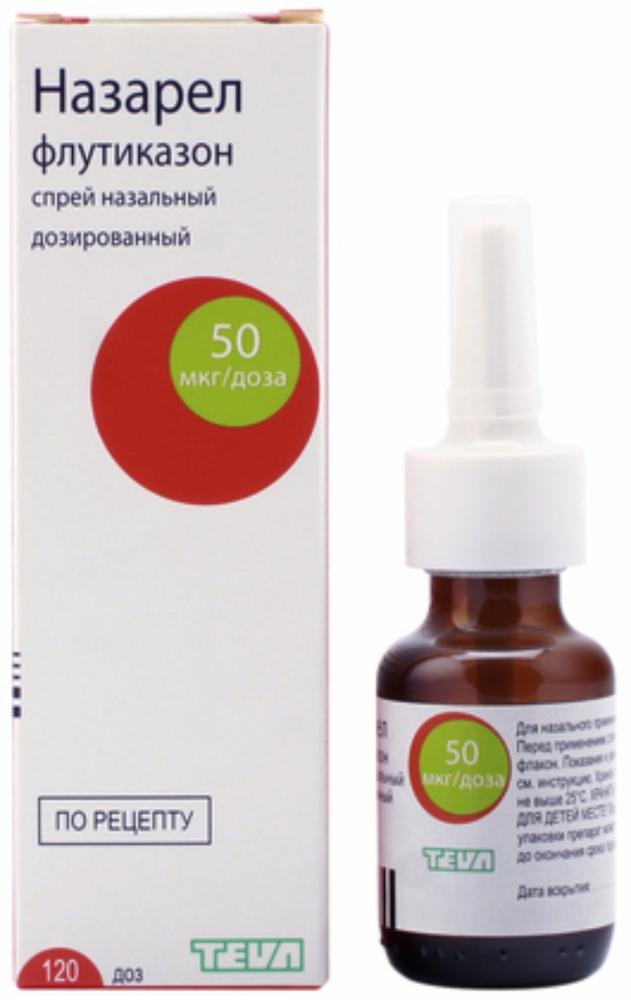
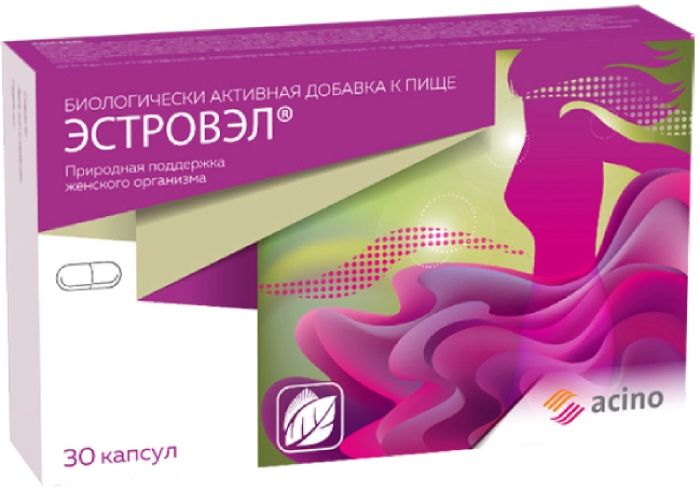
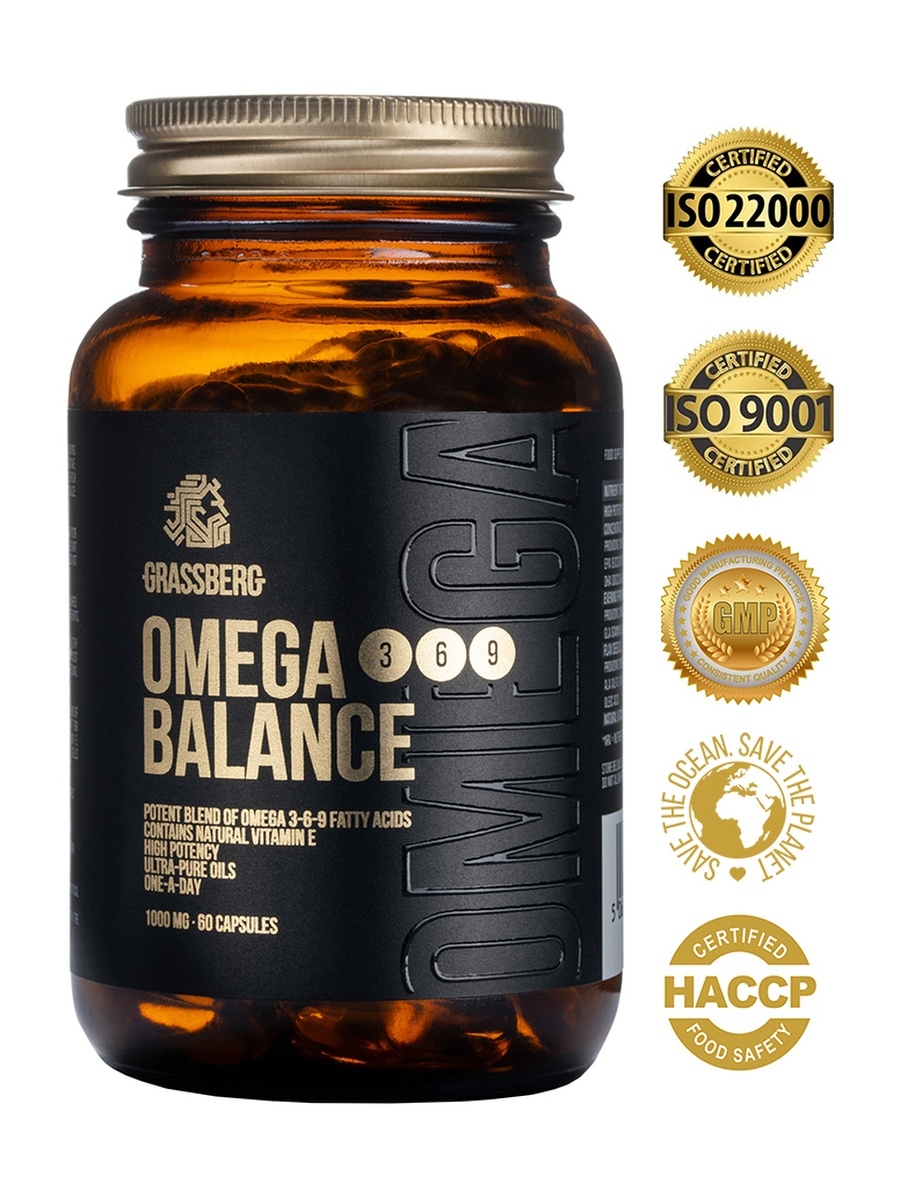
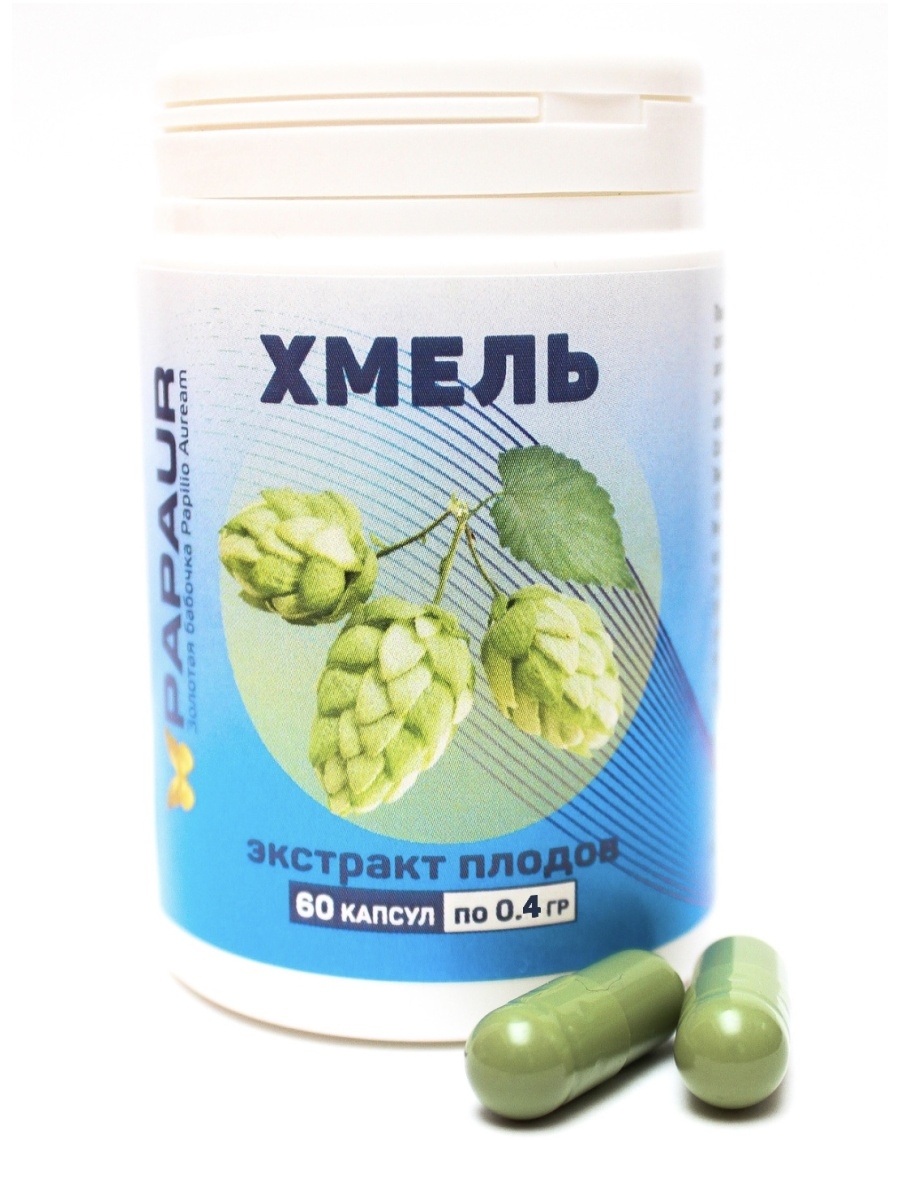
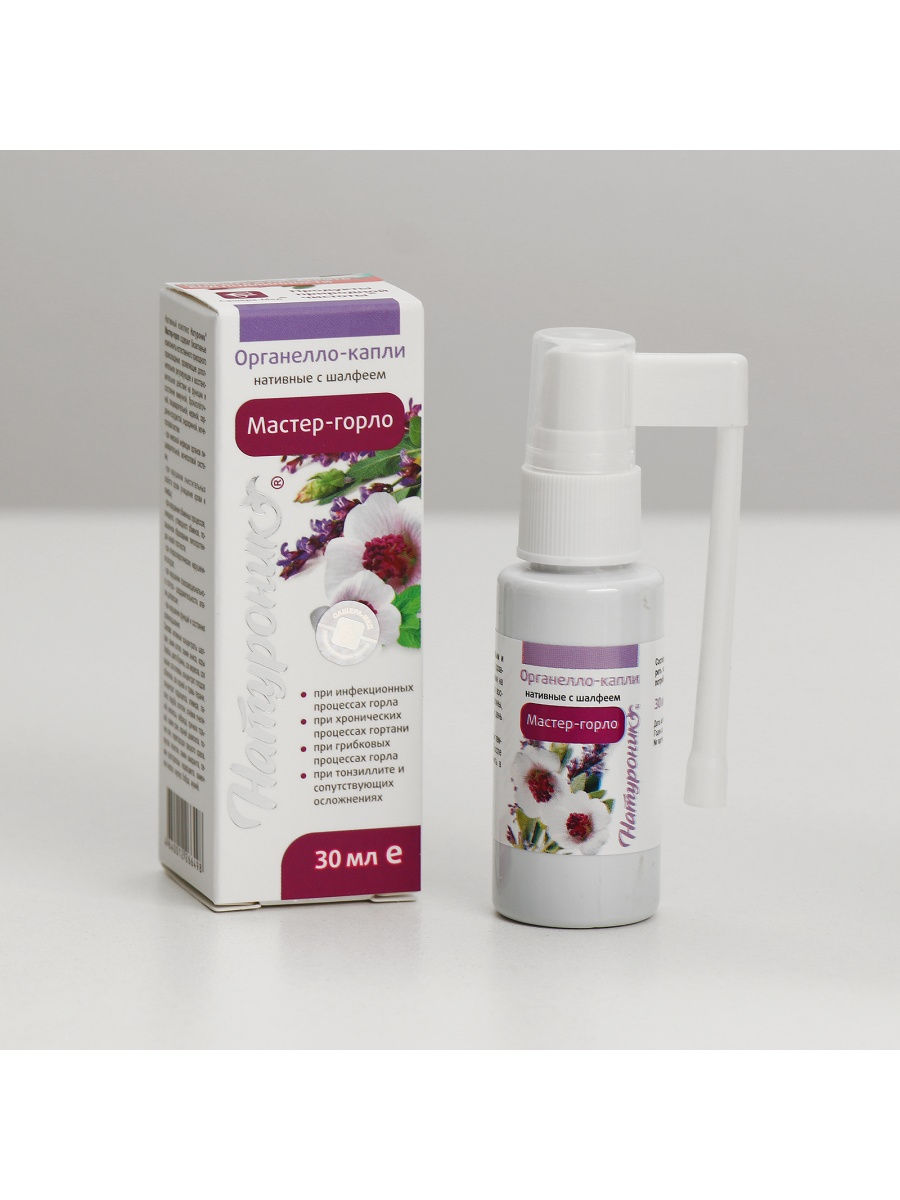
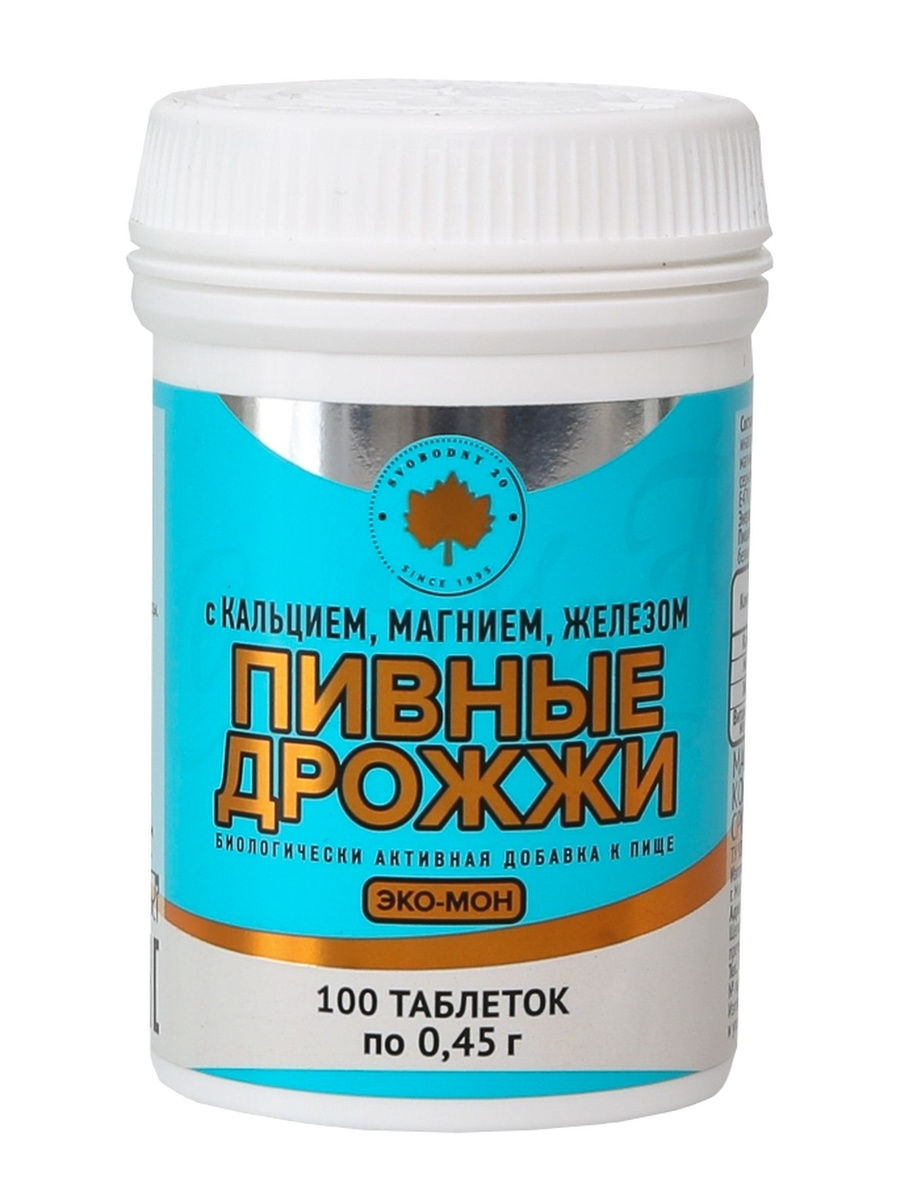
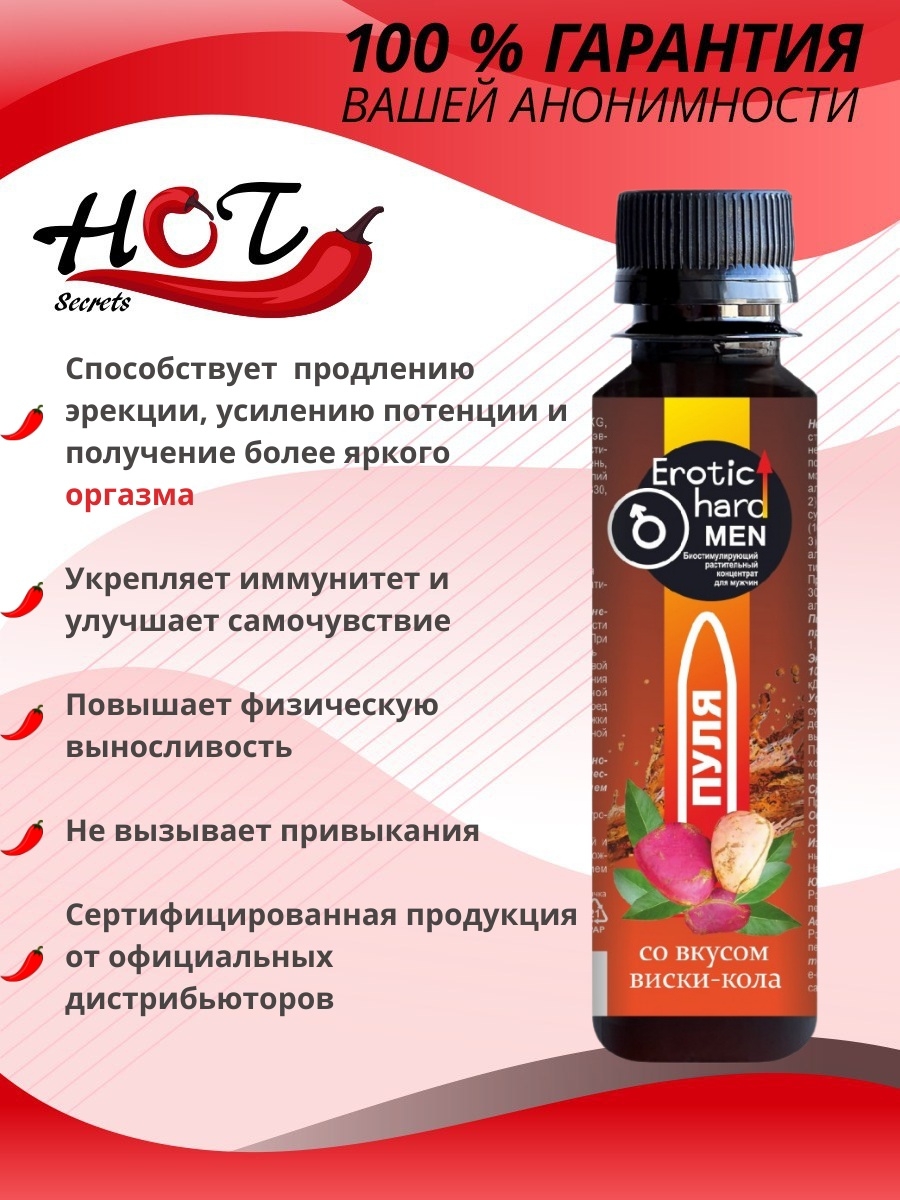
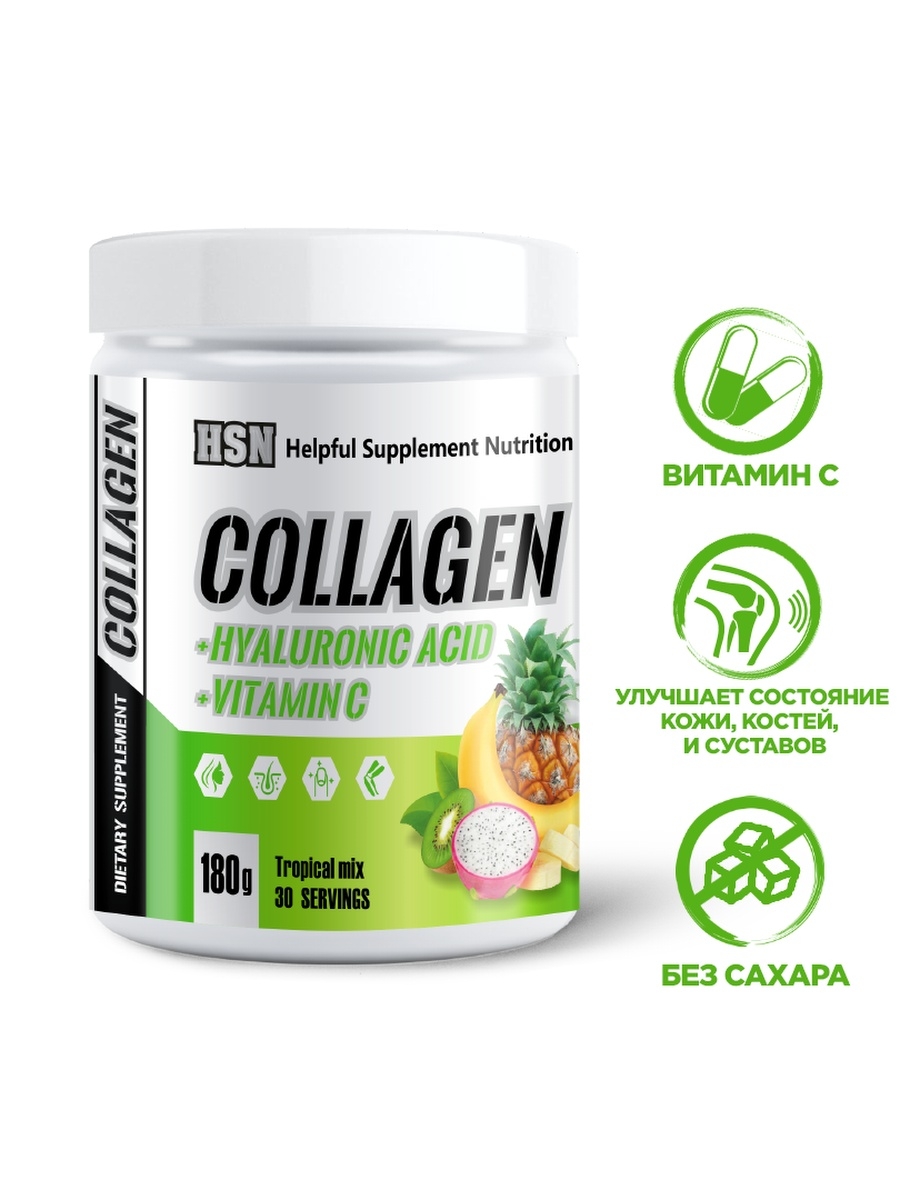

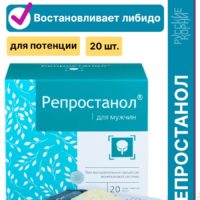
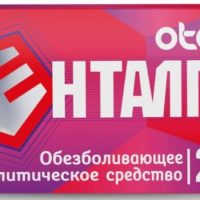

There are no reviews yet.